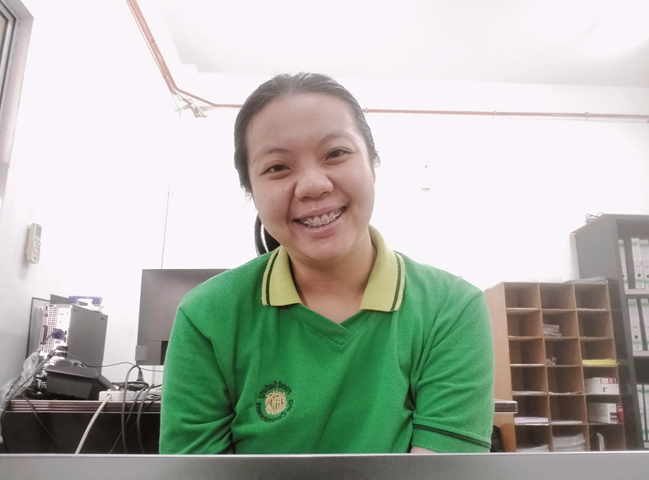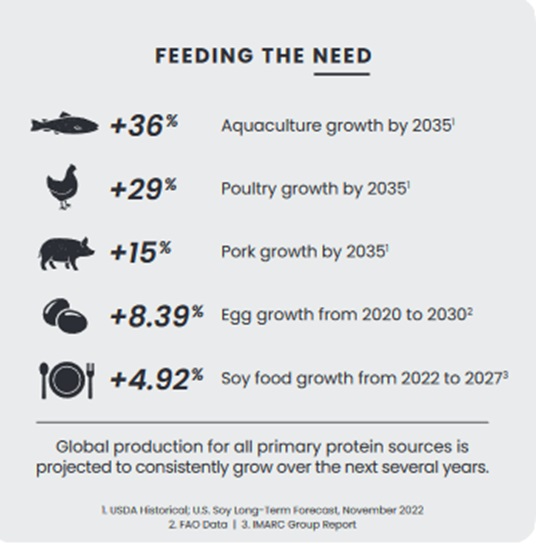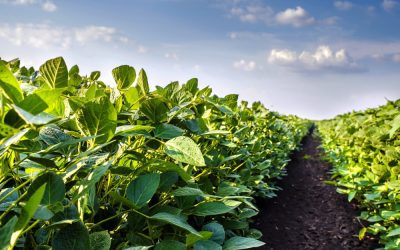USSEC’s Soy Excellence Center program helps to prepare future protein experts
Individuals like a poultry farmer in Nigeria, a food company researcher in Singapore and an owner of an Egyptian fish hatchery all play integral roles in supplying high-quality, protein-based food in places where the need is expected to grow rapidly. U.S. Soy products are crucial ingredients across all these sectors.
Despite having very different roles in very different parts of the world, each person credits professional development from the Soy Excellence Center (SEC) program for helping them excel. An initiative led by the U.S. Soybean Export Council (USSEC), the SEC network provides training for early to mid-career protein professionals in emerging markets. It includes locations in Egypt, Honduras Nigeria, Singapore and Thailand, as well as the newest SEC launched in India this year.
The intent of the SEC network is to create the expertise and experience for those participating, and thousands like them to help solve future food production challenges. They will also help set the table for the additional 2 billion people expected around the world by 2050, according to the United Nation’s Food and Agriculture Organization. By then, projections indicate that as many as 84 percent of people may belong to the middle or upper class. History shows economic prosperity leads to rising demand for high-protein foods like chicken, eggs, fish, pork, seafood and soy foods.
“By investing in the people who will be the future of protein sectors around the world, U.S. Soy is doing its part in being the solution for global food security. Indiana farmers help make this training possible, through soy checkoff investments in the SECs,” observed Joe Stoller, a farmer and an Indiana Soybean Alliance (ISA) board member from Bremen, Ind., who also serves on the SEC steering committee.
USSEC refers to SEC program participants as “Tomorrow Solvers,” because they will be solving challenges in local nutrition, food security and economic growth sustainably for decades to come. SECs help the next generation of protein professionals nourish the world safely and sustainably.
SEC programs feed minds to feed the world
Each SEC is strategically located in the heart of a region experiencing or expecting a middle-class population boom. In many of these areas, educational opportunities can be as scarce as proper nutrition.
The SECs offer training courses in aquaculture, feed, food, poultry and pork production and more. They deliver basic and intermediate courses that incorporate both online and in-person learning. They also offer the opportunity to build connections across companies and countries. The core content provides practical training that the Tomorrow Solvers can immediately apply on the job.

based in Thailand focusing on animal
protein.

The training establishes a foundation for participants to enhance their capacity to produce high-quality, sustainable and affordable protein to meet the needs of a growing global population.
- Sub-Saharan Africa is expected to see a population surge of 942 million by 2050. Chidiebere Myke-Obial, owner of Muchi Farms in Nigeria, raises chickens both for eggs and meat. She credits SEC training for doubling her chicken production and quadrupling egg output by improving animal care and feeding practices and introducing detailed record-keeping. These advancements are vital in a region with a rapidly increasing demand for animal protein, and she is poised to continue supporting both her family and the broader community.
- Asia’s population is anticipated to grow by 475 million by 2050, increasing demand for culturally integral soy foods and beverages. Jia Chee Lai, assistant R&D manager at Super Bean International in Singapore, has leveraged SEC training to enhance her work, boosting creativity and driving her to innovate further in response to the growing need for convenient food solutions.
- The SEC in Egypt serves the Middle East and North Africa, regions expected to grow by 223 million people by 2050. Shady Hamdy Mohamed Al-Deriny, co-founder of Ibn Al-Nafis Hatchery, supplies various types of young fish, or fry, to the regional aquaculture industry. While pursuing his doctorate, he credits the practical knowledge gained from more than 20 SEC courses with bridging the gap between theory and practice.
- Juliana Vallejo, a poultry line manager at Contegral in Colombia, initially took basic-level online courses at the SEC in Honduras, excelling and advancing to intermediate in-person training. This training was pivotal for her career, helping her secure her current position and build a professional network across South America. With Latin America’s population expected to increase by 91 million, the connections Vallejo has fostered are vital for sustainably meeting the region’s food demand.
The online SEC communities provide a platform for Tomorrow Solvers to stay connected, share ideas and continue learning, thereby supporting their career growth.
Through the SECs, U.S. Soy — and the Indiana Soybean Alliance — are on the front lines of addressing the growing demand for sustainable protein. Providing and promoting education in emerging markets empowers Tomorrow Solvers across the protein value chain to successfully meet future food and nutrition security challenges.
Posted: May 18, 2024
Category: Indiana Corn and Soybean Post - May 2024, ISA, News




